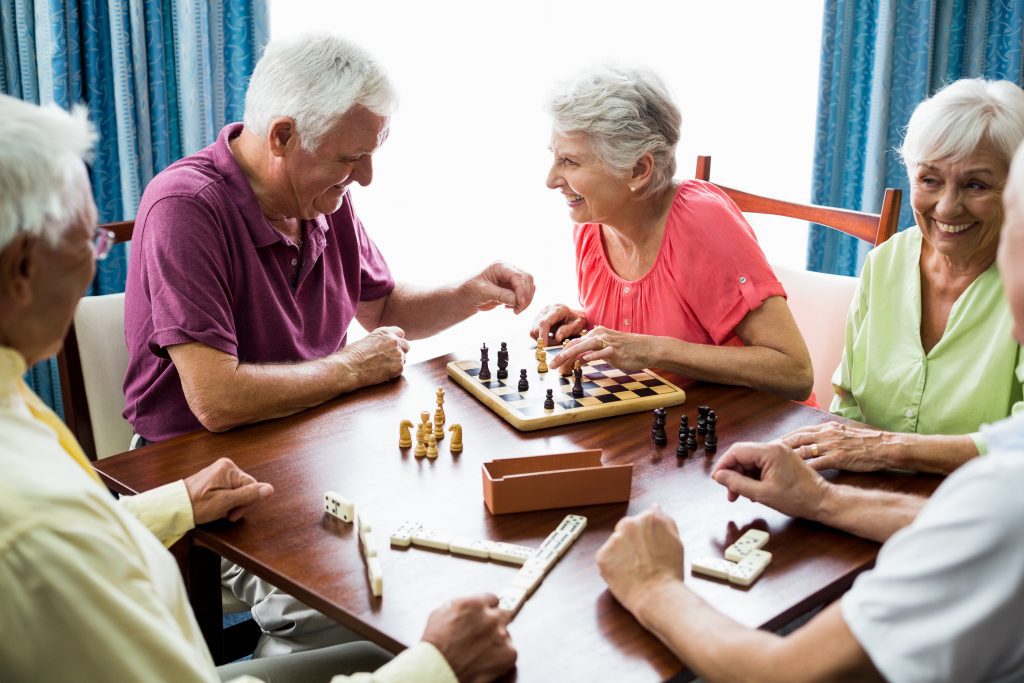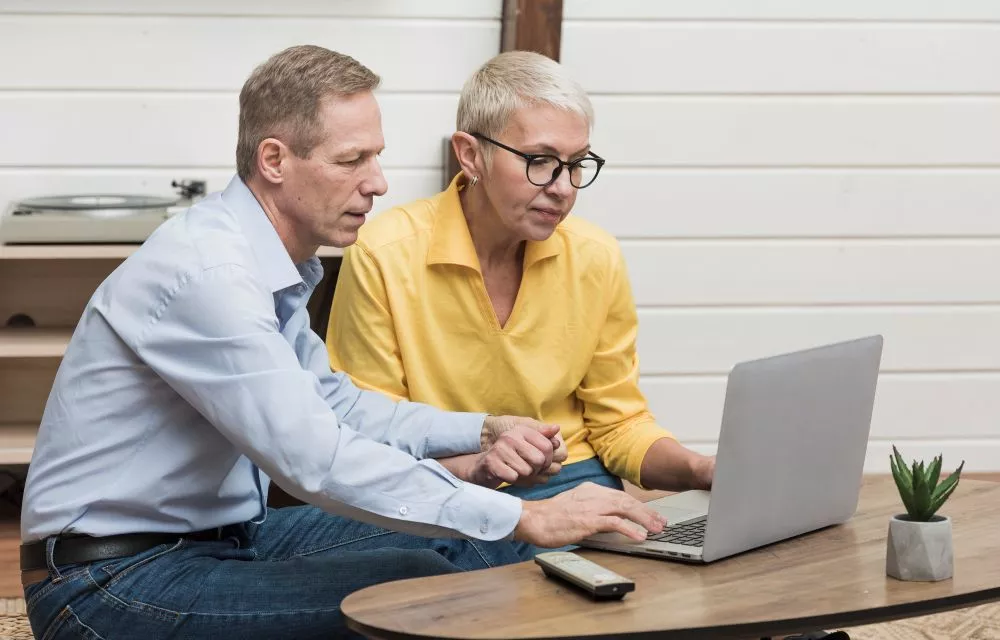Getting together with other seniors who share the same interests and have many things in common with you plays an important role in your well-being. Support groups can help you get away from social isolation. If you are eager to learn more about senior support groups, we’ve got a complete guide for you here.

What is a support group?
These days, many seniors complain about loneliness. According to the statistics, one-third of seniors aged over 65 feel isolated and lonely. Support groups allow seniors to share interests with people who understand them. Simply put, support sessions make isolation easier to manage. These groups allow seniors to get out of their homes and spend time with like-minded people. Having an active lifestyle, socializing with others, and participating in different activities lead to long-lasting bonds and relationships.
Benefits of community support groups
Community support groups can benefit seniors in many ways. They make a huge difference in the health and well-being of seniors by improving their mental and physical health. The most common benefits of support groups go as follows:
Decrease stress and anxiety
The level of stress, anxiety, and depression decreases in seniors who feel a strong connection with their peers. Having conversations on a topic of mutual interest boosts the immune system and improves overall health.
Create a sense of belonging
Isolated seniors find it hard to manage challenges. Talking to people with the same problems gives them a strong sense of belonging and helps them cope with difficult conditions easier.
Improve mental health
According to the research, isolation is one of the most important factors of depression. Isolation can easily turn into a feeling of despair. Community support groups are a good opportunity to participate in stimulating activities.
Give emotional support
Participating in support groups can make you feel understood. Members of support groups deal with the same fears and frustrations and provide you with valuable emotional support without any judgments.
Reduce the risk of cognitive decline
Communication plays a key role in reducing cognitive decline. When you have an active social life and interact with various senior groups, you are less likely to develop cognitive disorders like dementia.
What are attending support groups for seniors?
As human beings are naturally social creatures, socializing can make them feel good and give them many advantages. However, our social networks become stronger as we age; they also become smaller. You can overcome the disadvantages of poor communication by attending different support groups. Here are the most practical support groups for seniors.
Social media
Social media is a good way to interact with people. Many people use different social platforms as a means of communication. By using social media, you don’t need to worry about isolation and its unavoidable consequences.
Meetup groups
If you want to form connections on shared interests and hobbies, why don’t you attend meetup groups? Some meetup groups are specifically for seniors. Meetup groups can help you share your experiences and feel better.
Local Library
The local library is another way to interact with other people. Many libraries offer interactive workshops for particular topics and hold helpful information sessions.
5 types of support groups
Most of the support groups focus on specific conditions. As you know, support groups are good sources for older adults facing isolation and other mental disorders. Here are five types of support groups for seniors.
Support groups for chronic conditions
According to the studies, 80 percent of seniors are involved with chronic conditions. Medical conditions like cancer, heart disease, diabetes, and other conditions can have a serious effect on general well-being. Seniors with chronic conditions join support groups to get emotional support, tips for effective daily management, and access reliable information about supplemental treatment.
Grief support group
Living without a spouse can be difficult for a senior. Some support groups help seniors who have lost loved ones by helping them to connect with people also dealing with the loss of a loved one. These support groups are usually in the form of virtual group meetings, online public discussions, and in-person events.
Dementia support groups
Seniors diagnosed with the early stages of dementia are recommended to attend support groups. Support groups and help people with dementia by giving seniors and family caregivers a way to discuss feelings and concerns and offering activities and therapies to slow dementia progression.
Support groups for addiction recovery
When seniors get appropriate treatment for addiction, support groups can help seniors remain relaxed. Support groups also recommend techniques and activities to remain focused on post-treatment procedures. Moreover, Recovery support groups give seniors easy access to additional assistance.
Support groups to improve lifestyle
Aging may present a few challenges for seniors. Seniors may find it difficult to stop smoking, lose weight, and stick to exercise routines. Support groups provide seniors with plans based on each senior’s individual needs.

Last Word
To sum up, according to the research, over one-third of seniors aged 50-80 are lonely. Support groups are essential because you will feel isolated when you don’t communicate with people. As a caregiver, friend, or family member, you can encourage seniors to attend support groups and make lovely communications.
Frequently asked questions
As support groups play an important role in seniors’ overall health, they are so vital. Social isolation in seniors poses significant health risks. Support groups help seniors feel less lonely.
Support groups come with many benefits, including feeling less isolated and reducing stress and depression. It also improves your skills to cope with challenges easier.
Depression, heart disease, obesity, cognitive decline, high blood pressure, anxiety, and weakened immune system are the most common risk factors of isolation for seniors.
Attending a support group is free. But, there may be a minimal cost for materials if you want to have your own.
You should participate in support groups at least once a week. The education shared in each meeting session is developed based on weekly meetings.




